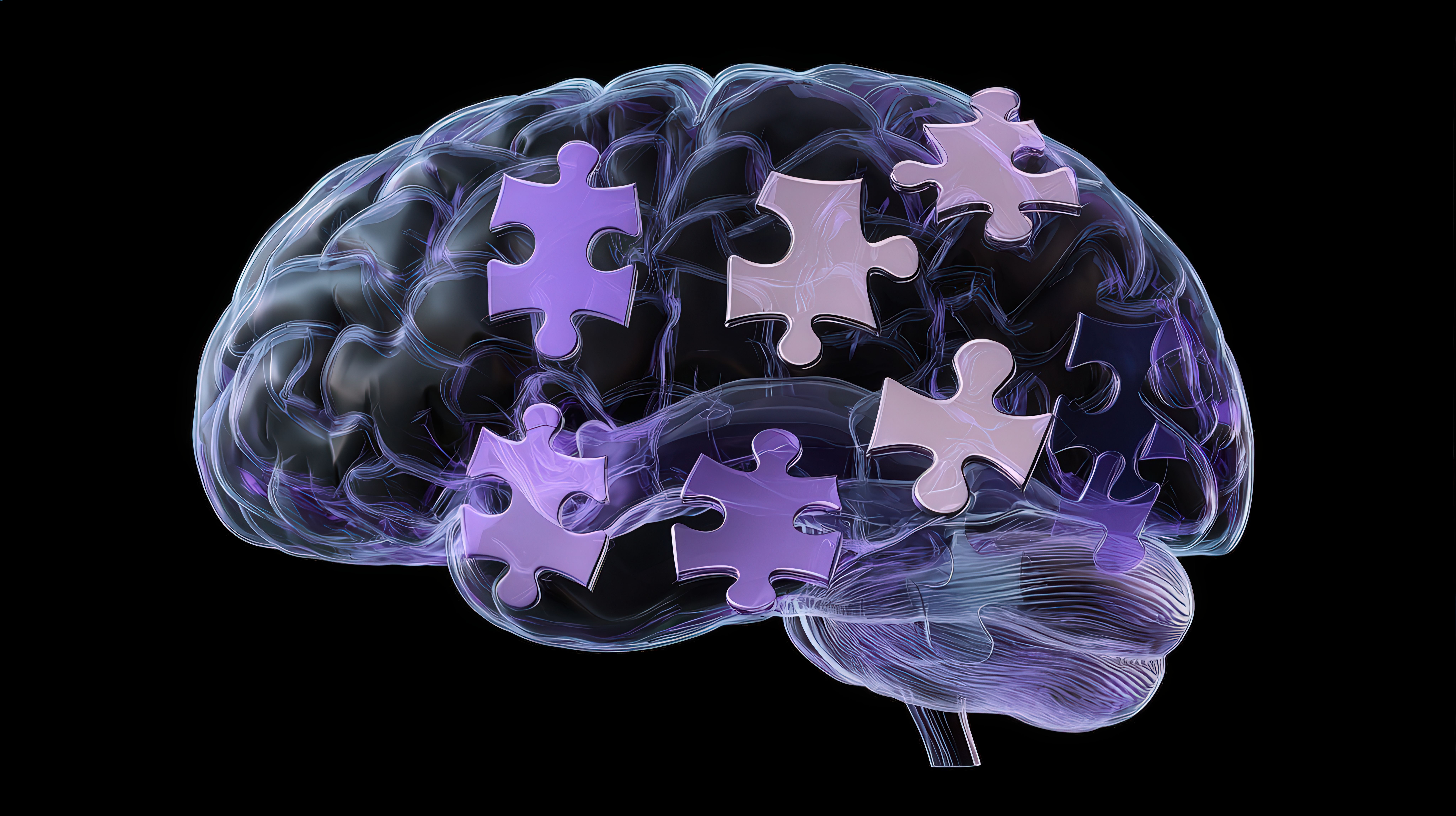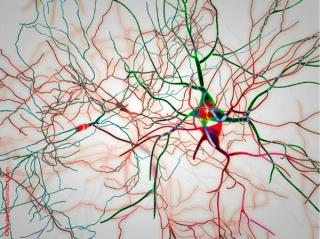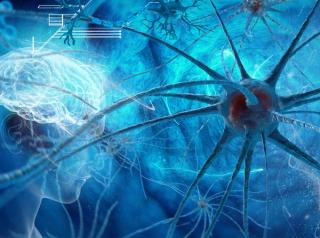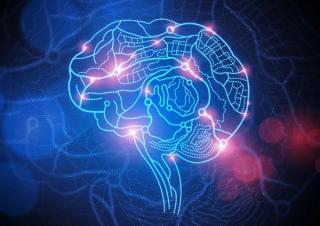
Neuropsychiatry
Latest News
Latest Videos
CME Content
More News

A new study shows that rTMS has moderate therapeutic effects on OCD severity.

In this CME article, learn more about the efficacy and tolerability of brexpiprazole for the treatment of agitation among individuals with Alzheimer disease dementia.

It is important to raise awareness about alpha-gal syndrome and the risks of tick exposure, and to provide resources to medical providers treating patients with this condition.


A traumatic brain injury sustained earlier in adult life is likely to interact with normal aging processes. Learn more here.

Neurosyphilis may occur during any stage of syphilis. Learn more about this diagnosis via case study example here.

Will this help my sleep and mood? Researchers investigated the effects of noninvasive neurostimulation on sleep quality and depressive symptoms in patients with major depressive disorder in a meta-analysis of randomized controlled trials.

Abbott has initiated the TRANSCEND study to evaluate the use of deep brain stimulation to manage treatment-resistant depression.

The impact of plastics on health is an area of increasing concern.

In this guest column, learn more about intensity, repetition, consistency, and integrity in rehabilitating neurological injury.

Studies report an increased risk for suicidal thoughts, suicide attempts, and even death by suicide following brain injury.
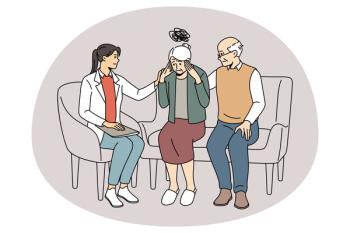

The behavioral and psychological symptoms of dementia contribute significantly to the greater rates morbidity and mortality among those with dementia.

Research shows an increased risk for suicidal thoughts, suicide attempts, and even death by suicide following brain injury.

Do physical health conditions in childhood affect ADHD symptoms at age 17 years? Researchers investigated these associations in a large cohort study.

An expert discusses how the risks of benzodiazepine prescribing have been exaggerated in the minds of government officials, critics, and the public at large.
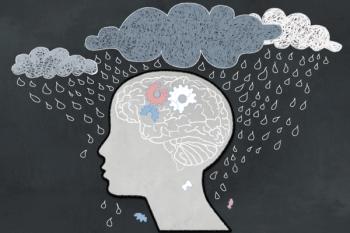
A poster presented at the 2024 ASCP Annual Meeting discusses the results of a systematic literature review.

Improving cognitive function is a primary goal of brain injury rehabilitation and is made possible through the process of neuroplasticity.

Here are highlights from the week in Psychiatric Times.

Here are highlights from the week in Psychiatric Times.
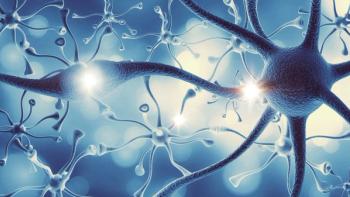
Understanding the heterogeneity and complexities of the histamine monoamine system.

Here's a look at the characteristic methods of communication among patients with BPD.

Frontal lobe syndrome can present with a range of behaviors that do not meet traditional dementia/neurocognitive disorder criteria.

The new formulation was approved to help patients with tardive dyskinesia who have trouble swallowing.

How can consultation-liaison psychiatry help identify BPD and facilitate effective communication between patients and medical teams during these patients’ admissions?

